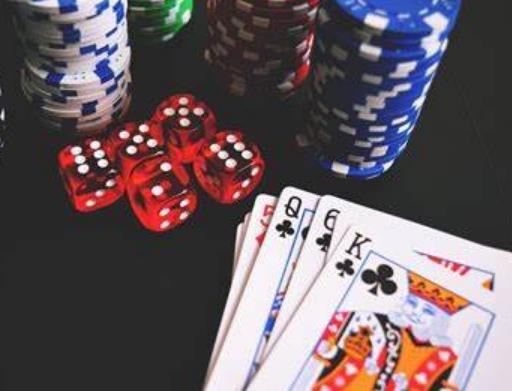The World Series of Poker (WSOP) just dropped its summer schedule, but the biggest story isn’t about the tournaments—it’s about who won’t be playing. On Tuesday, poker legend Phil Hellmuth, a 17-time bracelet winner, announced he’s sitting out the $10,000 WSOP Main Event for the first time since 1988.
The reason? Endurance. Hellmuth, now 60, says the grueling format favors younger players, making it nearly impossible for older competitors to keep up. And he’s not happy about it.
Hellmuth Calls WSOP Main Event an “Endurance Contest”
Back in 1989, a 24-year-old Hellmuth stunned the poker world by winning the WSOP Main Event, becoming the youngest champion in history at the time. Fast-forward to 2024, and the landscape looks very different.
“The main event has become an endurance contest,” Hellmuth wrote on Twitter. “Twelve-hour days, or longer, for six to seven days in a row is brutal and disproportionately affects older players.”
He believes the tournament needs structural changes, arguing that most players—80% by his estimate—would support a revised format that isn’t as physically demanding.
The 2024 Main Event wrapped up after 15 days of play, including four starting flights, two Day 2 flights, and a day off before the final table. Jonathan Tamayo, 38, ultimately took home the bracelet.

A Tough Decision After 35 Straight Years
Hellmuth has played in every WSOP Main Event since 1988. That streak ends in 2025.
“It’s just too tough,” he said in a video explaining his decision. “People at home are like, ‘Phil, you can play seven days in a row.’ Yeah, try it. Try getting up and playing from noon until midnight seven days in a row.”
On some days, play extends past 2 or 3 a.m. That kind of grind, Hellmuth says, isn’t something he can physically handle anymore.
“I don’t think I could have done it at 50, and I definitely can’t do it at 60,” he admitted.
The Fatigue Factor: A Game of Skill or Stamina?
For Hellmuth, poker is supposed to be about skill, not who can stay awake the longest. He pointed out that many great players tell him they busted the Main Event simply because they were exhausted.
“I’ve had players come up to me and say, ‘Phil, I blew the Main Event because I was too tired when we got down to 100 left, 50 left, 30 left.’ It’s turned into an endurance test.”
Hellmuth’s solution? More scheduled breaks. He believes extra rest days could restore some balance between skill and stamina.
“I hope that in 2026, there are some changes made so that we can restore more skill and less endurance,” he said.
A Slump in WSOP Main Event Results
Hellmuth hasn’t cashed in the Main Event since 2015, when he finished 417th. His latest close call came at WSOP Paradise, where he busted on the money bubble.
While he remains one of poker’s most accomplished players, the game’s longest marathon appears to be one battle he’s no longer willing to fight.








